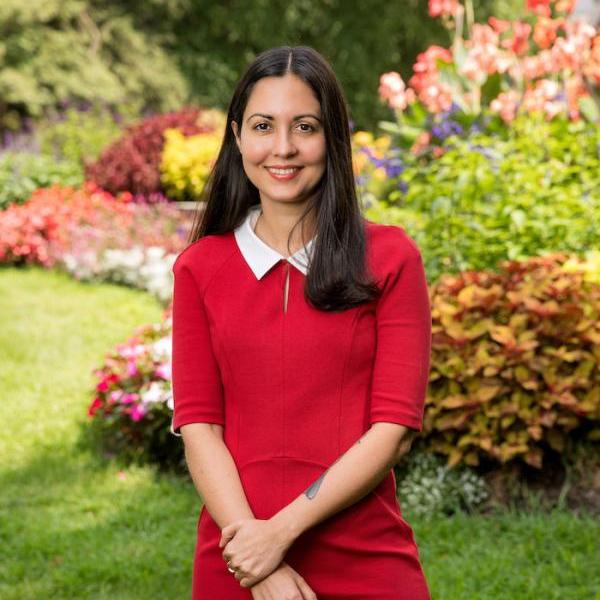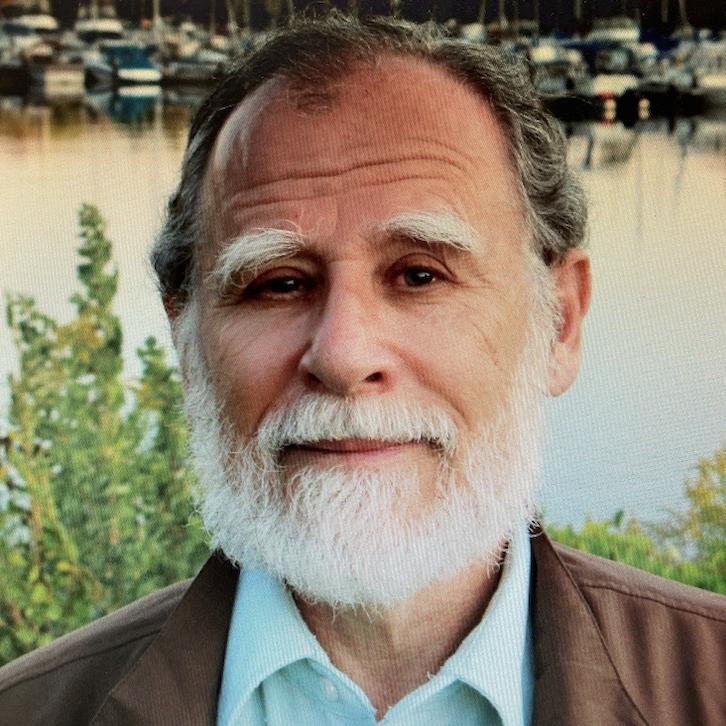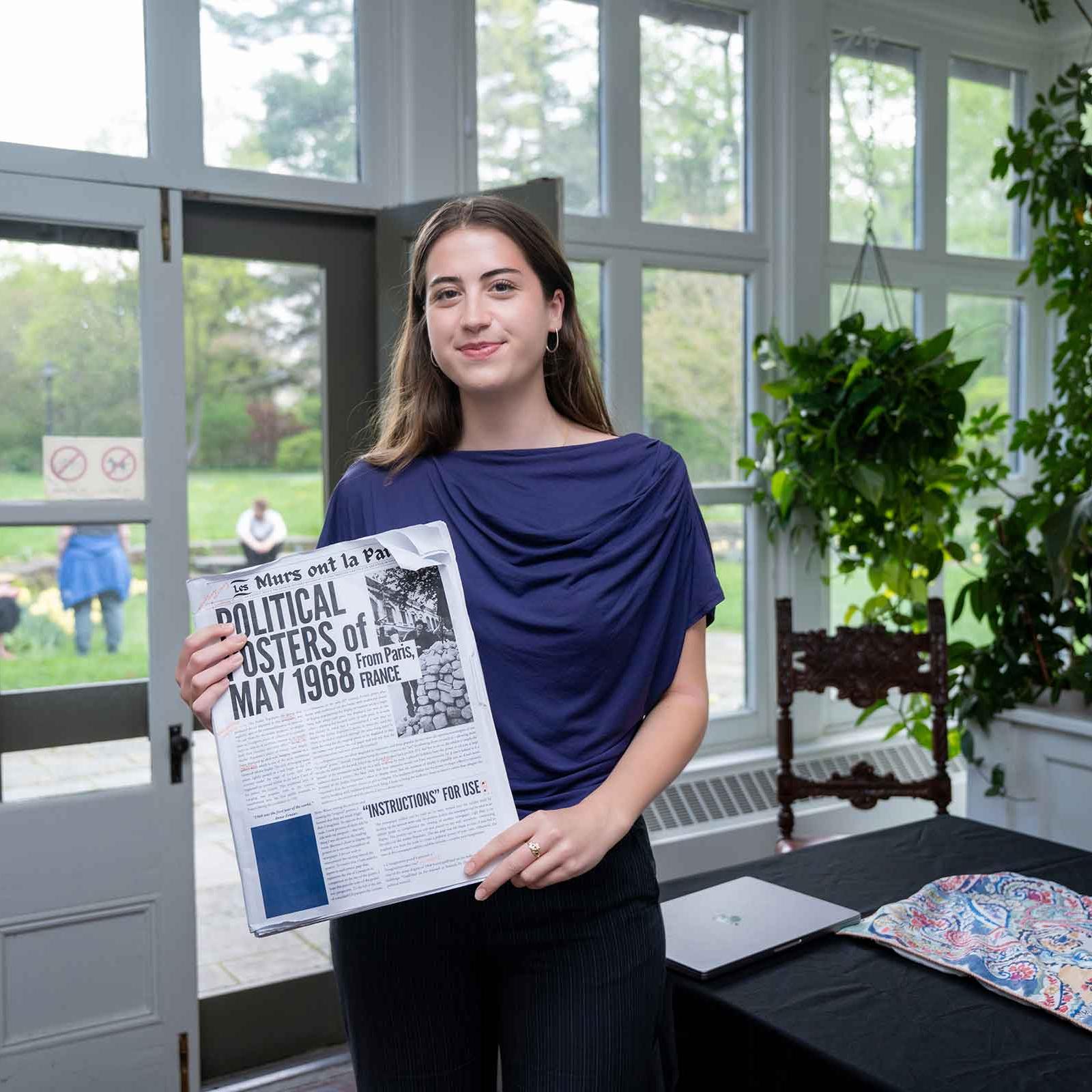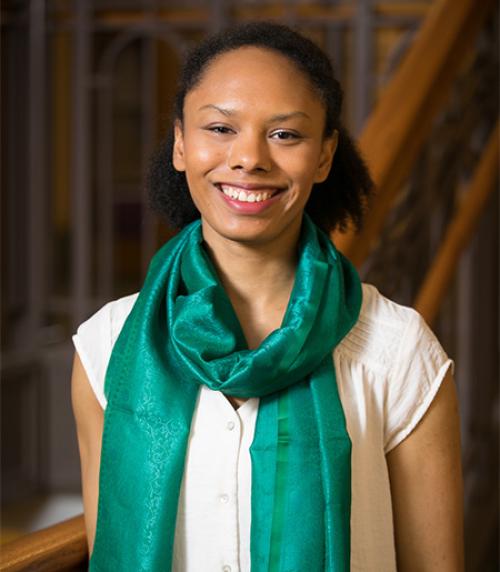Therese Banks
French Studies & Engish
Ithaca, NY
Why did you choose Cornell?
I chose Cornell because I loved the faculty and people I met when I was a prospective student — especially the Romance studies and English faculty, since I was lucky enough to have already decided on my majors. I also chose Cornell because of the Arts & Sciences language requirement, which is weird, I know, because it's sometimes the requirement people are most afraid of, but to me it meant that the college clearly cared about the humanities and my intended majors. Knowing that I would have that support certainly factored into my decision; the people at Cornell really solidified my choice.
What was your most profound turning point while at Cornell?
There have been so many turning points, but I think the most important happened first. My freshman semester I had to formally withdraw from my math class because I was going to fail it. At the time it was absolutely devastating because I was afraid I had let my parents down. I cried in front of my professor, my advising dean (thank you for handling it so well, Dean Irene Lessmeister), and my faculty advisor (thank you as well to Professor Ishion Hutchinson) — it was embarrassing, and I totally overreacted. In hindsight, though, my reaction is actually hilarious, and I know it was important for me to experience "failure" so early on. I learned to laugh at my mistakes, to pick myself back up, and, of course, to be a bit more realistic about what kinds of classes I should take.
What do you value about your liberal arts education?
I value that the liberal arts exposes you to different approaches to solving issues. Whether you are using a science approach, a social science approach or a humanities approach, you are learning how to think about the world in different ways. Having that type of exposure allows you to make more informed choices in life, regardless of what issue you're facing. I think the liberal arts are ultimately key to developing how you choose to participate in society.
If you were to offer advice to an incoming first year student, what would you say?
My biggest piece of advice (and the one that was hardest for me to learn) would be to know when and how to ask for help — it's there when you need it, but you have to ask. I think many of us are uncomfortable asking because we're afraid of how it's going to reflect on us, but resources are there because it's expected we'll need help in our four years here, so take advantage of it!

.jpg)



